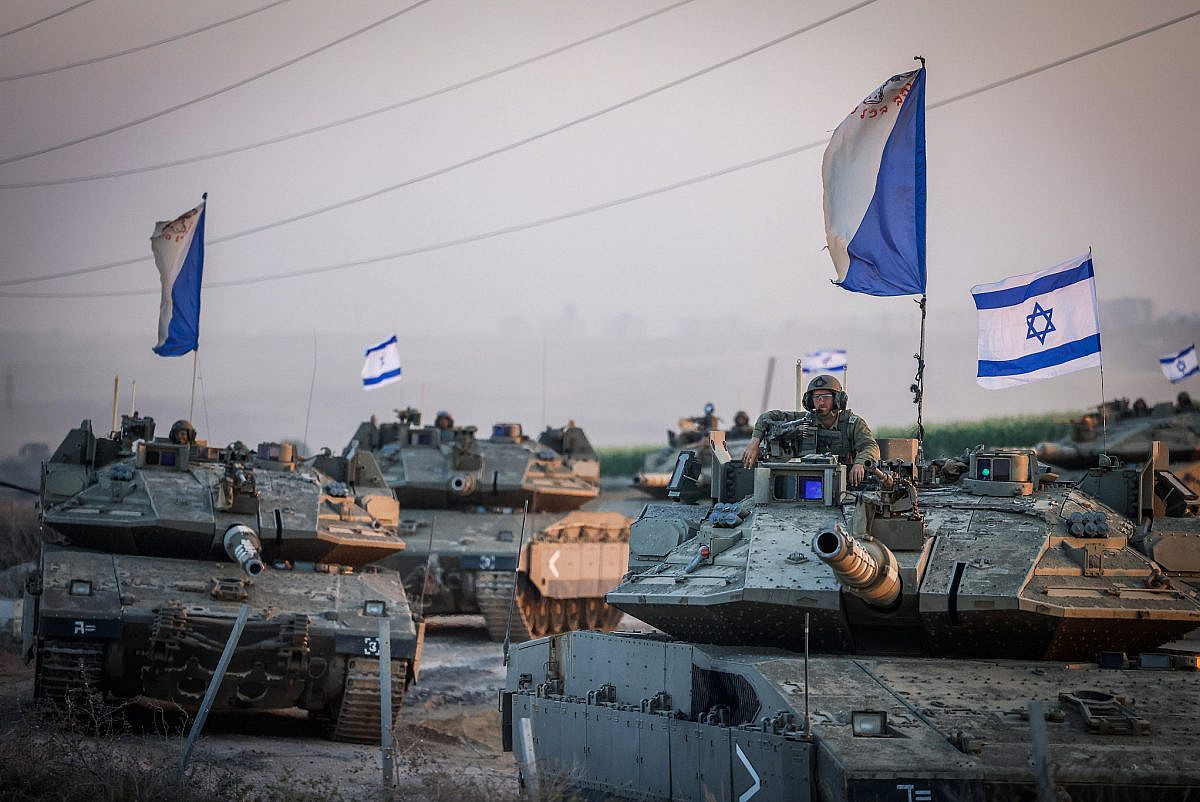Gaza Ghetto: Lessons from History
- Details
- Written by Gilbert Schramm Gilbert Schramm
- Published: 06 November 2023 06 November 2023
![]() It is hard for many people to get their heads around what is happening in Gaza today. Whatever “side” you are on, the sheer brutality is hard to bear. Israel seems bent on amplifying a strategy that has never worked before. There are certain points on which reference to history really sheds a clear light on this ongoing carnage (and on why it will probably fail to bring peace).
It is hard for many people to get their heads around what is happening in Gaza today. Whatever “side” you are on, the sheer brutality is hard to bear. Israel seems bent on amplifying a strategy that has never worked before. There are certain points on which reference to history really sheds a clear light on this ongoing carnage (and on why it will probably fail to bring peace).
In 2006, Hezbollah in Lebanon staged a raid on an Israeli patrol across its immediate border with Israel. Israel responded with overwhelming, disproportionate force (as they are doing in Gaza today). They claimed they would eliminate the threat of Hezbollah once and for all (like they are claiming about Hamas in Gaza today). Their attack killed many hundreds of Lebanese civilians and wreaked havoc on Lebanon’s civilian infrastructure. There were immediate calls for a ceasefire (just like today), but the US resisted them for a long time, falsely believing they could give Israel time and cover to ‘finish the job’ (just like today). Both the US and Israel ended in an embarrassed retreat. In fact, Hezbollah inflicted enormous pain on Israeli forces and emerged stronger than before. This was basically the formula for every one of the repeated attacks Israel has launched against Hamas in the years since then.
In a 2014 interview with Amy Goodman on Democracy Now, Henry Siegman, a very reputable Jewish-American leader, spoke out about Palestinian resistance (https://www.democracynow.org/2015/8/13/henry_siegman_leading_us_jewish_voice). He basically said that the Palestinians had never done anything that the extreme Zionists who now lead Israel had not tried before. My own research bears this out. I think he was thinking in particular about Jewish resistance in the Warsaw Ghetto in the 1940s.
Siegman grew up with a father who was a noted Zionist. Guests at the family dinner table included Yitzhak Rabin, later to become the Israeli PM who, when he moved towards peace, was assassinated by a Jewish terrorist. Siegman later became convinced that Zionism had taken a tragic turn and spoke out against it. Of all the many horrors of the last century, the episode of the Warsaw Ghetto is surely the best scenario to compare with the slaughter in Gaza today.

